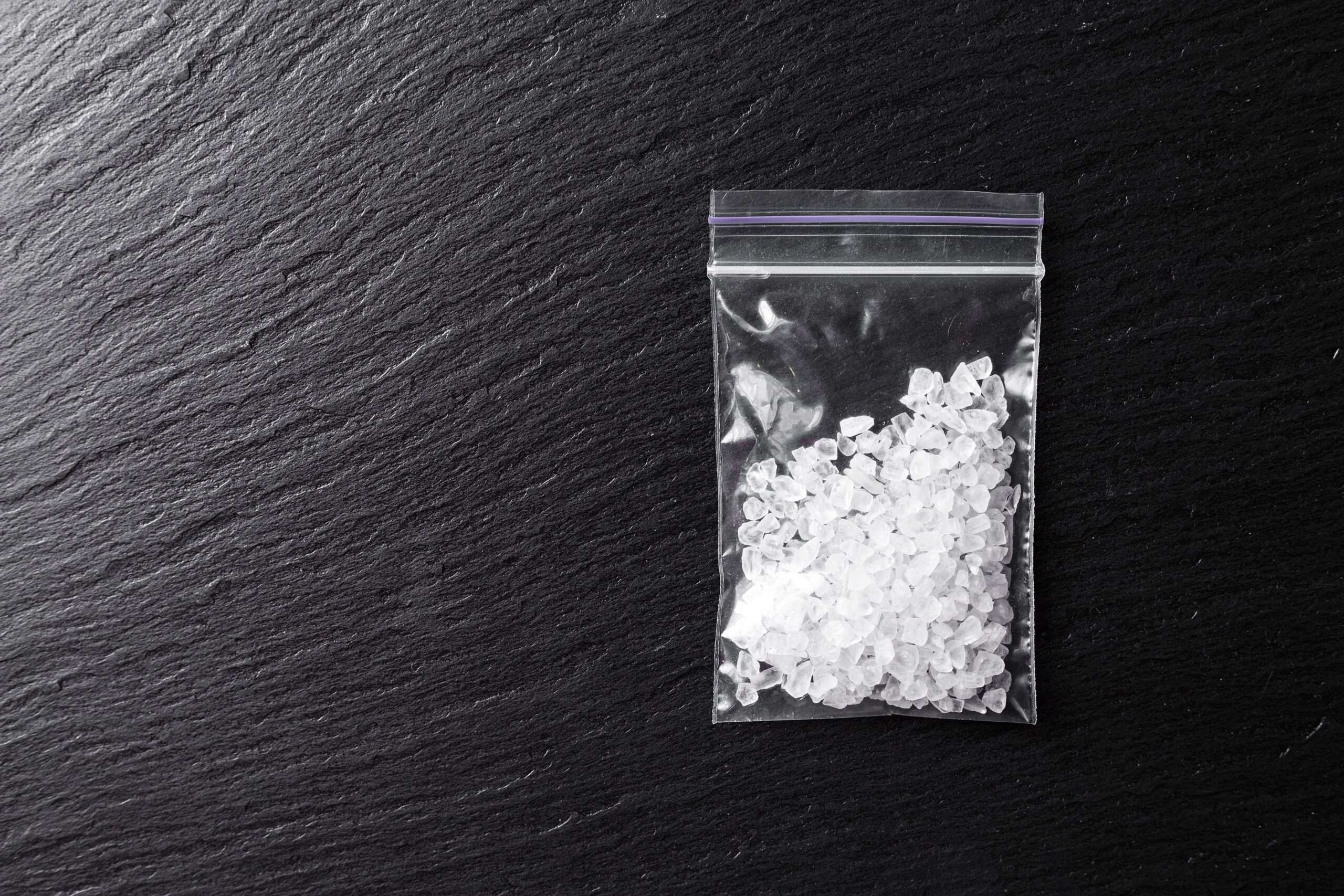Many types of drugs, including illegal street drugs and prescription medications, can be dangerous and even deadly when a person consumes too many. Can you overdose on meth? Yes, you can, and it can cause permanent damage and even death. When someone experiences a meth overdose, getting them emergency medical help becomes incredibly important. Afterward, the person will need to seek treatment from addiction experts so they can stop abusing meth.
What is Meth?
Meth, which is short for methamphetamine, is a Schedule II stimulant drug. Using it brings a big risk of becoming addicted. Other Schedule II drugs include morphine, codeine, and fentanyl. When a person uses it, it affects their brain and central nervous system. The body naturally produces feel-good chemicals like dopamine. When a person uses meth, it increases the production of these types of transmitters. This, in turn, causes a rush of feeling high and euphoric. The feeling is short-lived, often lasting just a few minutes, which causes the individual to want to keep using it to chase that high.
Can You Overdose on Meth?
Part of understanding why the answer to “Can you overdose on meth?” is yes is understanding what happens when a person overdoses. An overdose is defined as taking an amount of a substance that is of such a large amount that it overwhelms the body. They experience a toxic reaction that causes physical symptoms and often emotional ones, too. Someone using other drugs along with meth increases their chances of overdosing.
Once a person has overdosed on meth, their body can become permanently affected. In reaction to a meth overdose, a person may end up with cardiovascular problems, kidney failure, stroke, seizures, and paralysis. In addition, they may end up dealing with chronic anxiety or psychosis and cognitive difficulties.
If a person suspects they are witnessing a meth overdose, they should call 911 immediately. They should tell the emergency medical personnel what the person who overdosed ingested and how much. It’s important to stay with the person until help arrives. The quicker a person gets help, the better their chances of avoiding permanent damage and death.
Signs of a Meth Overdose
Even if a person knows that the answer to “Can you overdose on meth?” is yes, they may not know how to recognize the signs. Common symptoms of a meth overdose include the following:
- Chest pains
- Elevated heart rate
- Elevated blood pressure
- High body temperature
- Cognitive difficulties
- Psychosis
- Difficulty breathing
- Signs of a stroke
- Stomach pain
- Seizures
- Kidney damage
- Loss of consciousness
- Acting paranoid or agitated
What Are the Levels of Treatment for Meth Addiction?
When someone develops an addiction to meth, they have what’s called a substance use disorder. Classified as a medical condition, it requires professional treatment from people who specialize in the field of addiction.
Treatment begins by going to a detox program, which generally lasts from five to seven days. During this crucial time, the individual will receive medical and psychological support to deal with their initial withdrawal symptoms. While many people require the care that comes with a residential program, a lot of people can complete detox on an outpatient basis. This allows them to still live at home while receiving the vital treatment and support that keeps them from using meth again.
After completing detox, some people stay in a residential treatment center for a period of several weeks or months. Others qualify for outpatient care and continue their recovery work during daytime sessions while living at home. This allows people to create a balance between learning to stay sober and still enjoying being around their loved ones. Many people can also continue to work or go to school during this time.
There are three levels of outpatient care available. An initial assessment of each person helps determine which level will best meet their needs. The three types of outpatient care include:
- Outpatient Programs (OP)
- Intensive Outpatient Programs (IOP)
- Partial Hospitalization Programs (PHP)
When a person is stable in their recovery, they can take advantage of a virtual IOP program. This allows them to still participate in the valuable therapies provided in the facility via using their computer and other digital devices.
How is Meth Addiction Treated?
At the heart of treating addiction lies participating in a variety of types of therapy. People in treatment for meth addiction can use standard types of talk therapy, including individual therapy, group therapy, and family therapy. Treatment centers also provide modern approaches including holistic therapy, trauma-based therapy, brainspotting therapy, and red light therapy.
Another cornerstone of treating addiction has to do with addressing withdrawal symptoms that occur. This includes both physical and emotional ones. Prescription medications are provided to minimize the symptoms and make staying sober easier to accomplish.
Begin Meth Addiction Treatment Today in Tampa, FL
If you have asked yourself, “Can you overdose on meth?”, it’s likely that you or someone you love is struggling with abusing this dangerous drug. Tampa Bay Recovery offers several levels of outpatient treatment for meth addiction. We also provide a detox plan that helps ease people through the initial withdrawal symptoms that come with getting sober. We can also treat co-occurring mental health disorders, such as anxiety or depression.
For more information about our meth addiction treatment program, visit our admissions page now. We have answers to any questions you may have.







